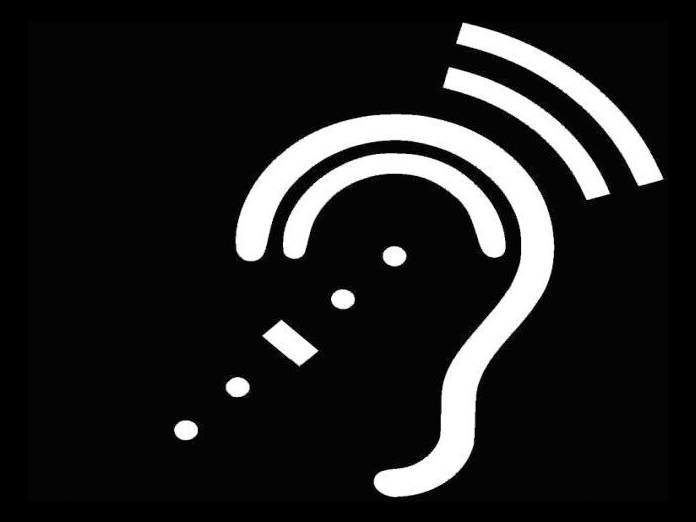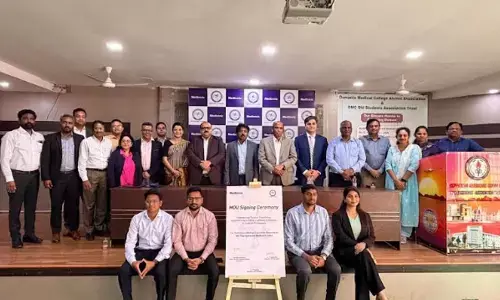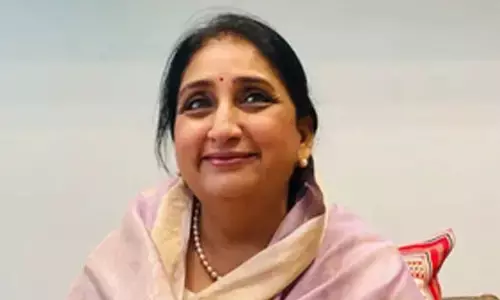Today’s earphone users could be tomorrow’s hearing aid users: Experts

Ahead of World Hearing Day, experts have urged everyone to get themselves checked to prevent unsafe listening practices, with the World Health Organisation WHO estimating a rising trend of hearing impairment across the globe
Ahead of World Hearing Day, experts have urged everyone to get themselves checked to prevent unsafe listening practices, with the World Health Organisation (WHO) estimating a rising trend of hearing impairment across the globe.
"Earlobes have two important functions - localisation of sound and reflecting the unwanted sound. Using earphones, one bypasses them. We think we are hearing very well, but today's earphone users are going to be tomorrow's hearing aid users," said Sudipta Chandra, ENT, head and neck cancer specialist.
However, there is no significant study that can provide a fixed duration of hours of earphone usage that is safe. Using headphone and portable speakers are fine if the volume is below 85 decibels.
As per a WHO estimate, there were 466 million persons in the world with hearing loss in 2018 and the figure is likely to increase to 630 million by 2030. Also, 1.1 billion young people are at risk due to unsafe listening practices.
"This year's theme of World Hearing Day is 'check your hearing'. People should act immediately as loss of hearing is preventable, curable and treatable," another ENT specialist M N Bhattacharya said on Thursday.
He explained that getting an early screening can prevent hearing loss.
By curable, Bhattacharya meant that the person can hear normally after a small operation or through medication. The problem can also be treated using a hearing aid.
"In the developed countries Newborn Hearing Screening is mandatory and it is slowly catching up in the country," Bhattacharya said.
Oto Acoustic Emissions (OAE) and brainstem evoked response audiometry (BERA) are the two tests that can evaluate hearing. These are painless methods and the cost charged by a private hospital here is around Rs 1,600.
Another ENT specialist, Aniruddha Majumder, explained that deafness or low hearing is either by birth or acquired. The three stages of the problem range from mild, moderate to severe loss of hearing.
It is important to act at the slightest of signs where a person needs to increase the volume, missing parts of conversations. Proper immunisation of pregnant women and newborn babies will also prevent infections like meningitis and measles that can impair hearing, he said.
WHO has launched a free mobile application 'hearWHO' compatible on iOS and Android devices. This app gives the general public access to a hearing screener to check their hearing status and monitor it over time.
Since 2007, March 3 is observed as World Hearing Day.
City-based association of parents and supporters of persons with hearing impairment 'Anwesha' has planned an array of programmes from March 1-3 to create awareness.

















